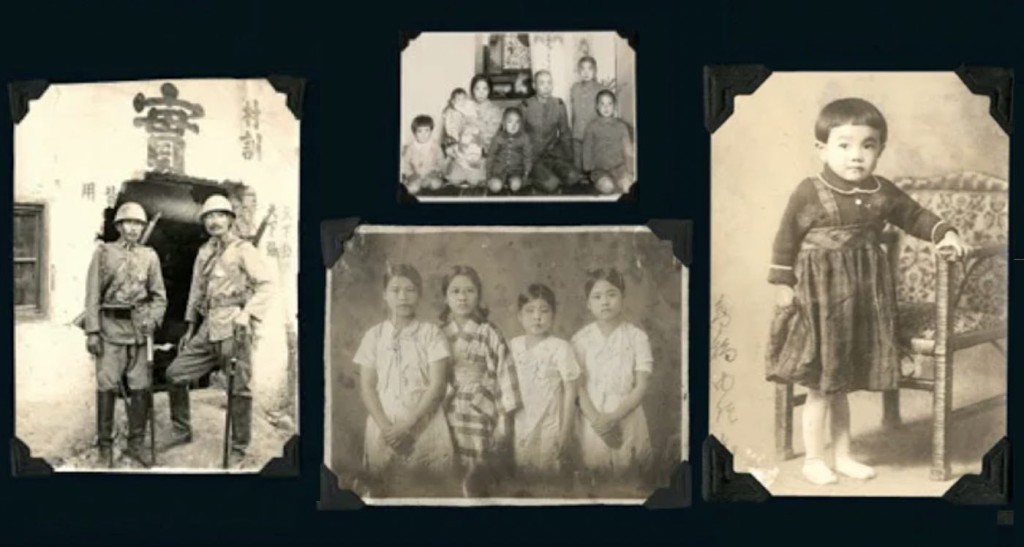
With persistence, belief, and the amount of sheer dumb luck normally needed to win the lottery, a Portland senior tracked down an Okinawan family based on the photos left behind in an album her late husband plucked from the shrapnel-strewn beaches of the Japanese Island in 1945.
Strangers, friends of friends, and non-English speakers all pitched in to help Carolyn Wieden fulfill her husband’s wartime dream, and the story, communicated from Carolyn herself to GNN, is one for the history books.
In 1945 the US Navy and Marines landed on the beaches of Okinawa, Japan in the closing stages of the war in the Pacific. Thereupon, Duke Wieden stormed the beaches as part of the third wave and found himself holding a black photo album filled with pictures of family, toddlers, and high schoolers.
It was a relic from a time before the senseless war consumed him and the family in the album, but Duke had enough humanity left to hope one day the album might be returned in a time when waves, and not soldiers, washed up on the Okinawa beaches.
Fast forward to Duke’s passing in 2012, he and Carolyn’s youngest son Ken found the album moldering in his Navy trunk in the family home in Portland, Oregon, which touched off a truly incredible search for its original owner.
“One thing nobody else has noticed about this entire process was the synchronicity involved,” said Carolyn Wieden, Duke’s second wife, and architect of the effort. “Most family members thought it was a lost cause, reminding me how long ago it had happened and how many people had been killed in the war in addition to those who had died of old age.”
“My youngest son and his Chinese friend, however, started the search with enthusiasm,” she told GNN. “Chinese and Japanese are close enough linguistically that she could translate a few things for me and she was also willing to make phone calls, most of which were never returned.”
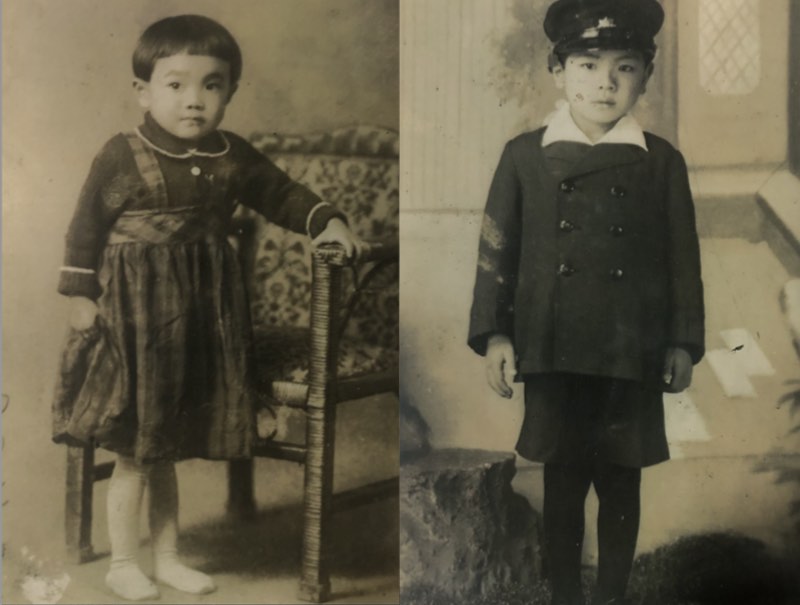
Among the damp, moldy pages, some leads—however distant—could be gleaned, including some strips of writing. But Carolyn didn’t know how to read Japanese in Okinawan dialect.
“My guitar teacher, Rene’ Berblinger, was our Clark Kent,” said Carolyn. “When I told him about my search, he immediately called his Japanese friends who translated every page of the photo album. While visiting my son in sunny California, I was working on the album outside (because of the mildew) and, for the first time, saw faded Japanese characters scribbled on the last of the black photo pages. Yes, it was a name and address—the first really important clue.”
That wasn’t the end of Berblinger’s contributions, as a truly bizarre coincidence saw the guitar teacher meet a former Marine officer named Erik Lundberg who used to teach English on Okinawa, where he lived with his family. They were visiting Portland, and hearing about Carolyn’s search, offered to be the “boots on the ground,” recruiting an Okinawan friend to break the language barrier completely.
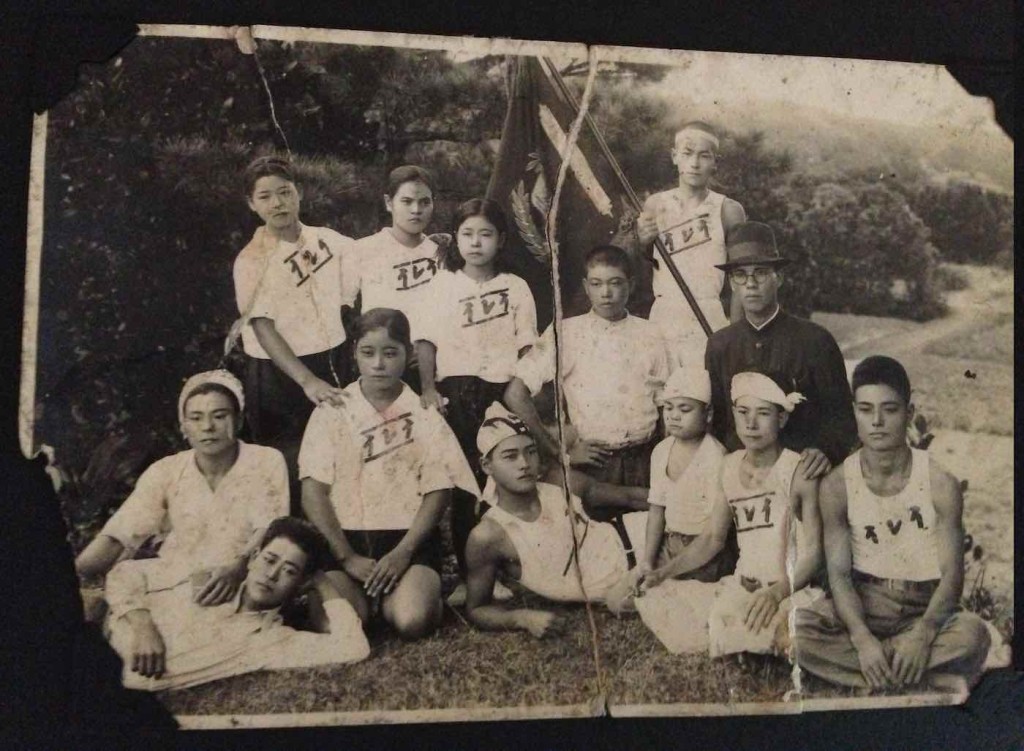
“I made copies of some of the photographs for them and immediately they recognized a logo on the shirts of a youth group; how amazing was that?” said Carolyn. “Our two volunteer detectives lived in Chatan, the exact neighborhood where members of this youth group had lived, in the same town.”
Before being called Chatan, the town was Irei, but it had been wiped out during the war and replaced by ground for a US military base. Even still, there remained an Irei community association; it was their only lead.
MORE HEARTWARMING STORIES: 6 ‘Memory Bears’ Sewn With Love and Grandpa’s Flannels For Widow’s Grandchildren
“Back in Okinawa, our volunteers went to the town hall to ask about members of “the Irei Society” and found themselves standing in front of a man who was the elder of that group,” she continued. “He recognized a friend in the photos; he called this friend’s sister to come immediately and she not only recognized her brother but also saw herself in some of these photos.”
“When our two volunteers called to tell me this news, I couldn’t stop crying. Maybe that moment was really my favorite part of the story.”
The photo album belonged to the Sunabe family, who were informed and had the copied photographs brought to them. The oldest of the family was 83-year-old Iha Sunabe, the youngest and only remaining Sunabe child from before the war.
FROM FROM WWII: Woman Discovers Exact Replica of Grandfather’s WWII Plane and Recreates 1942 Photo Before Getting a Special Ride
With the connection made in earnest, and the album’s owners identified, the Wieden family, Lundberg, and a reporter for Portland Monthly, boarded a plane to Okinawa, where, in a first-stern, then tearful, then joyful speech and presentation at the new Irei Society headquarters, the album was returned, 7 decades after it had been taken from the beach.
“It’s difficult to describe the relief and happiness I felt when I met Iha, the younger sister of the young woman who had made the photo album, Mitsuku Sunabe [who died during the battle],” Carolyn said. “She thanked us for saving their photo album. All of the Sunabe family, their relatives, and friends were most gracious to us and we felt honored to meet them.”
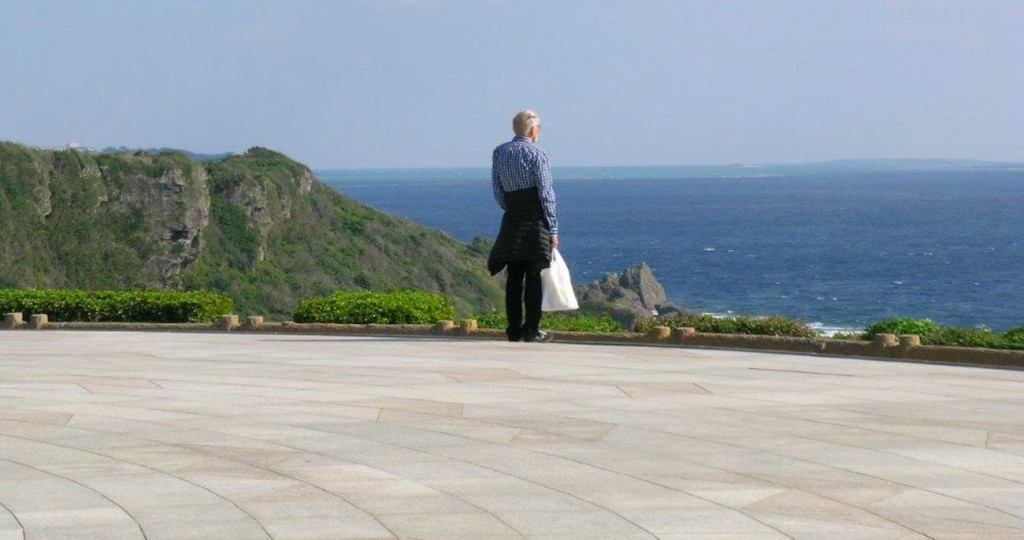
“My husband’s son Dan died recently. He and his wife Priscilla made our entire trip possible. After our trip to Okinawa, he thanked me and said he felt so close to his dad, seeing one small part of where he had served during World War Two. He was humbled and astonished by his dad’s huge heart, knowing that even the violence of war didn’t change his love of family.”
MORE FROM JAPAN: 83-Year-old Sets World Record Sailing Alone Across the Pacific Without Stopping
Before departing, the two families took a new photograph, to commemorate this most extraordinary reunion of family, place, and memory. Separated by 70 years and the whole of the Pacific Ocean, at the site of the Irei Society photo, old bonds of community and family were renewed, whilst new ones were made.
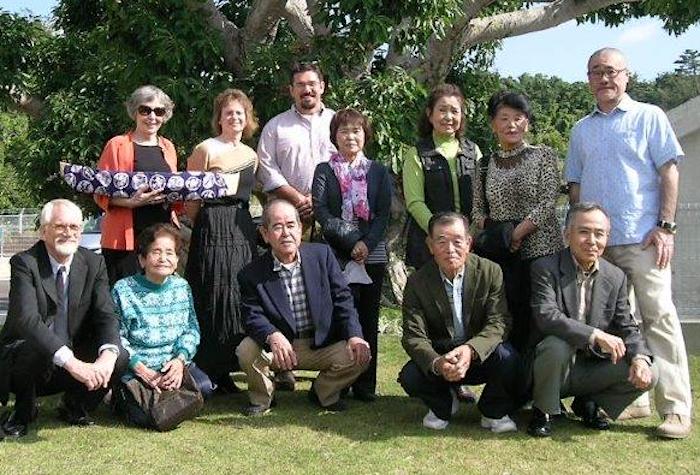
SHARE This Incredible Story Of Memories, Healing, And Cross-Cultural Connection…





















Just amazing. Perseverance and love brought this reunion together.